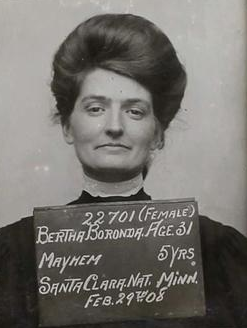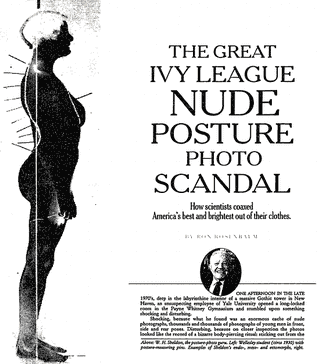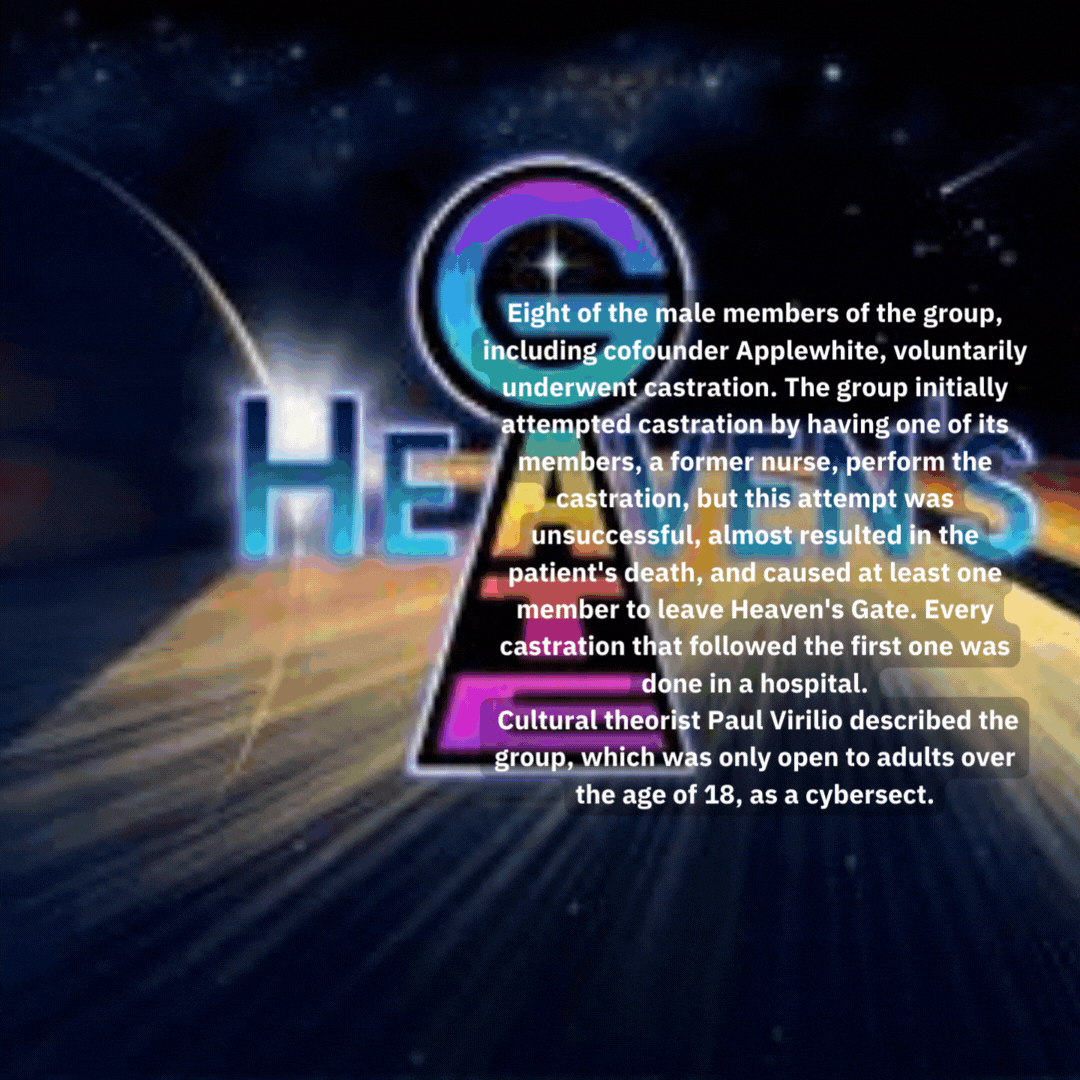Category: Bad Medicine
-

Gastrolith
A gastrolith, also called a stomach stone or gizzard stone, is a rock held inside a gastrointestinal tract. Gastroliths in some species are retained in the muscular gizzard and used to grind food in animals lacking suitable grinding teeth. In other species the rocks are ingested and pass through the digestive system and are frequently replaced. The grain size depends upon the size of the animal and…
-

A selection of apothecary jars.
Description A selection of apothecary jars. Four glass cylindrical drug jars with a parchment cover, labelled “Vitriol Alb.” (zinc sulphate), “OCUL CANCR” (Crab’s eyes – stones found in stomach of cray-fish as animal is about to change in its shell),”Sang Draco.V.” (Dragon’s blood), and “VITRIOL. COERUL.” (copper sulphate). Probably Spanish, 17th or 18th century. Wellcome…
-
Carboxypeptidases function in blood clotting, growth factor production, wound healing, reproduction, and many other processes
A carboxypeptidase (EC number 3.4.16 – 3.4.18) is a protease enzyme that hydrolyzes (cleaves) a peptide bond at the carboxy-terminal (C-terminal) end of a protein or peptide. This is in contrast to an aminopeptidases, which cleave peptide bonds at the N-terminus of proteins. Humans, animals, bacteria and plants contain several types of carboxypeptidases that have diverse functions ranging from catabolism to protein maturation. At least two mechanisms have been discussed. Functions Initial studies…
-
The Castrated Gods and their Castration Cults: Revenge, Punishment, and Spiritual Supremacy
Voluntary castration has existed as a religious practice up to the present day, openly in India and secretively in other parts of the world. Gods in a number of different cultures were castrated, a mutilation that paradoxically tended to increase rather than diminish their powers. This cross-cultural examination of the eunuch gods examines the meaning…
-
Emasculating healers. Medical castration practices in Greco-Roman antiquity
In the course of the human past the elimination of the testicles of boys and men – what we call castration – has taken place for a variety of reasons. Many times it was meant to deliberately hurt people. It is and was also performed, though, as a therapeutic measure by well-meaning physicians. Studying the…
-
Zeuterin, it rhymes with neuterin
Zeuterin (zū-tur-in) is the trade name of an injectable product containing zinc gluconate and the amino acid arginine, which is used for sterilizing young male dogs without the removal of the testicles. The product is injected directly into the testicle, where the zinc gluconate destroys the sperm and causes inflammation, which leads to fibrosis and causes sterility. Sperm production continues for up to 60 days after product…
-

How One Woman’s Forced Sterilization Led To A Mayhem Charge and Exposed A Secret World of Medical Atrocities
In January 1936, twenty-one-year-old Ann Cooper Hewitt, the well-known San Francisco heiress, called a press conference alongside her attorney and announced that she was suing her mother, Maryon Cooper Hewitt. Ann claimed that she had been secretly sterilized at the behest of her mother, who paid two doctors to perform the procedure in order to…
-

Mayhem (crime)
Mayhem is a common law criminal offense consisting of the intentional maiming of another person. Under the law of England and Wales and other common law jurisdictions, it originally consisted of the intentional and wanton removal of a body part that would handicap a person’s ability to defend themselves in combat. Under the strict common law definition, initially this required damage to an eye…
-

Bertha Boronda, convicted of mayhem after she used a straight razor to slice off husband’s penis
Bertha Boronda (née Zettle; March 14, 1877 – January 18, 1950) was an American woman who sliced off her husband’s penis in 1907. She was convicted of the crime of mayhem; she used a straight razor to slice off her husband’s penis. She fled the scene of the crime, but was captured the next day. Boronda was tried, convicted and imprisoned at San Quentin…
-

“Great Ivy League Nude Posture Photo Scandal”
The Ivy League nude posture photos were taken in the 1940s through the 1970s of all incoming freshmen at Harvard, Yale, Princeton, UPenn (which are members of the Ivy League) and Seven Sisters colleges (as well as Swarthmore), ostensibly to gauge the rate and severity of rickets, scoliosis, and lordosis in the population. The photos are simple black-and-white images of each individual standing upright from front, back and side perspectives. Harvard previously…
-

Bārûtu, the “art of the diviner”
The Bārûtu, the “art of the diviner,” is a monumental ancient Mesopotamian compendium of the science of extispicy or sacrificial omens stretching over around a hundred cuneiform tablets which was assembled in the Neo-Assyrian/Babylonian period based upon earlier recensions. At the Assyrian court, the term extended to encompass sacrificial prayers and rituals, commentaries and organ models. The ikribu was the name of collections of incantations to accompany the extispicy.…
-

Treasuries of death, viaticum, obol, more
Viaticum is a term used – especially in the Catholic Church – for the Eucharist (also called Holy Communion), administered, with or without Anointing of the Sick (also called Extreme Unction), to a person who is dying; viaticum is thus a part of the Last Rites. Usage The word viaticum is a Latin word meaning “provision for a journey”, from via, or “way”. For Communion as Viaticum,…
-

Herr Naphta
The Magic Mountain (German: Der Zauberberg) is a novel by Thomas Mann, first published in German in November 1924. It is widely considered to be one of the most influential works of twentieth-century German literature. Mann started writing The Magic Mountain in 1912. It began as a much shorter narrative that comically revisited the aspects of Death in Venice, a novella that he was…
-

Plant perception (physiology)
Plant perception is the ability of plants to sense and respond to the environment by adjusting their morphology and physiology. Botanical research has revealed that plants are capable of reacting to a broad range of stimuli, including chemicals, gravity, light, moisture, infections, temperature, oxygen and carbon dioxide concentrations, parasite infestation, disease, physical disruption, sound, and touch. The scientific study of plant perception is informed by numerous disciplines, such as plant physiology, ecology, and molecular biology. This article is about the physiology of…
Recent Posts
- 🧬 Disease Table with Low Sodium Connection
- 🧂 Sodium Reduction and Sodium Replacement: A History of Reformulation and Exploding Diseases, Including Many Diseases Unheard of Before Deadly Sodium Policies
- 🧂 The DEADLY 1500 mg Sodium Recommendation predates the WHO’s formal global sodium reduction push by nearly a decade (and it’s even worse than that)
- 🧬 What Is Beta-Glucuronidase?
- When Sugar Was Salt: Crystalline Confusion and the Covenant of Sweetness
Tags
ADAM ASPARTAME Birds Blood Bones Brain Bugs Cancer Columba Cows crystallography Death Death cults Eggs Etymology Gastrin Gold Growth hormone History Hormones Insulin Liver Mere Perplexity Metal Monkey Business Mythology Paracetamol Plants Poison Pregnancy Protein Religion Reproduction Rocks Salt Slavery Snakes Sodium the birds and the bees Thiocyanate Tobacco Tylenol Underworld Venom zinc


